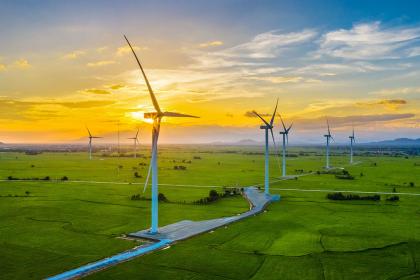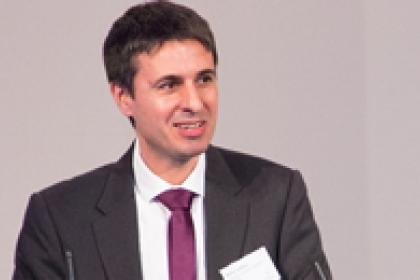Technology assessment (TA) is a problem-oriented process that examines the societal effects when a technology is introduced, extended or modified. TA is an interactive, communicative, and scientific process which aims to contribute to the formation of public and political opinion on the social aspects of science and technology, risks and opportunities, providing effective, pragmatic and sustainable options for policy action.
The concept and methodology of technology assessment involves innovative and evolving approaches. Only a few countries in the world have consolidated capacities for TA in place, and it is often not being conducted in developing countries owing to a lack of capabilities and institutions.
Technology assessments feed into policy making in the line ministries for science, technology and innovation (STI), agricultural and energy policies, related national parliamentary debates, and donor discussions. Technology assessment has overlapping roles and functions with technology needs assessment as well as STI policy. TA focuses on the impacts and possible systemic and unintended effects of technologies. In domains like energy and agriculture, the innovative use of TA can assist in identifying priorities and helping improve the cost-effectiveness, long-term impact and environmental sustainability of technology policies and investments.
The project will support STI policy makers and other stakeholders in target countries in Africa to design and implement a technology assessment exercise in the energy and agricultural sectors, and to take action to utilize technologies as catalysts for sustainable development. The project will address the lack of capabilities in target countries to understand the socioeconomic and environmental implications of new and emerging technologies in the energy and agricultural sectors so that their benefits can be harnessed, and their potentially negative effects minimized. The project will also consider gender perspectives and the potential impacts of the selected technologies on women and marginalized groups.
Objective
The objective of this project is to strengthen capacities of national STI policymakers and other stakeholders in selected developing countries in Africa in designing and implementing policies that support the learning, diffusion and adoption of technologies in the energy and agricultural sectors.
Intended outcomes
- Shared understanding among policy makers and other stakeholders of participating countries, of the implications for their STI policies of rapid technological changes in the energy and agriculture sectors;
- Improved capacity of policy makers to design and implement technological capabilities upgrading strategies and policies in the selected sectors.
Selected activities
- Methodology paper to carry out technology assessment with sections devoted to the impact of new and emerging technologies in the energy and agricultural sectors;
- Regional kick-off workshop inviting high-level political officials, policymakers, and other stakeholders from the beneficiary countries, to provide feedback on the draft methodology paper;
- Field missions to each target country to conduct technology assessment exercises;
- Technology assessment reports for each target country and national validation workshops;
- National workshops in each target country to discuss and endorse national action plans;
- Regional workshop to share experience and lessons learnt;
- Advisory services.
Link to SDGs
The most relevant SDGs are Goal 2 (zero hunger, especially targets 2.4 and 2.A), Goal 7 (affordable and clean energy, especially targets 7.1; 7.2 and 7.B), and Goal 9 (industry, innovation and infrastructure, including targets 9.5, 9.A and 9.B).
Monitoring and evaluation
UNCTAD will monitor progress of the project on a quarterly basis to assess opportunities and challenges for implementation.



